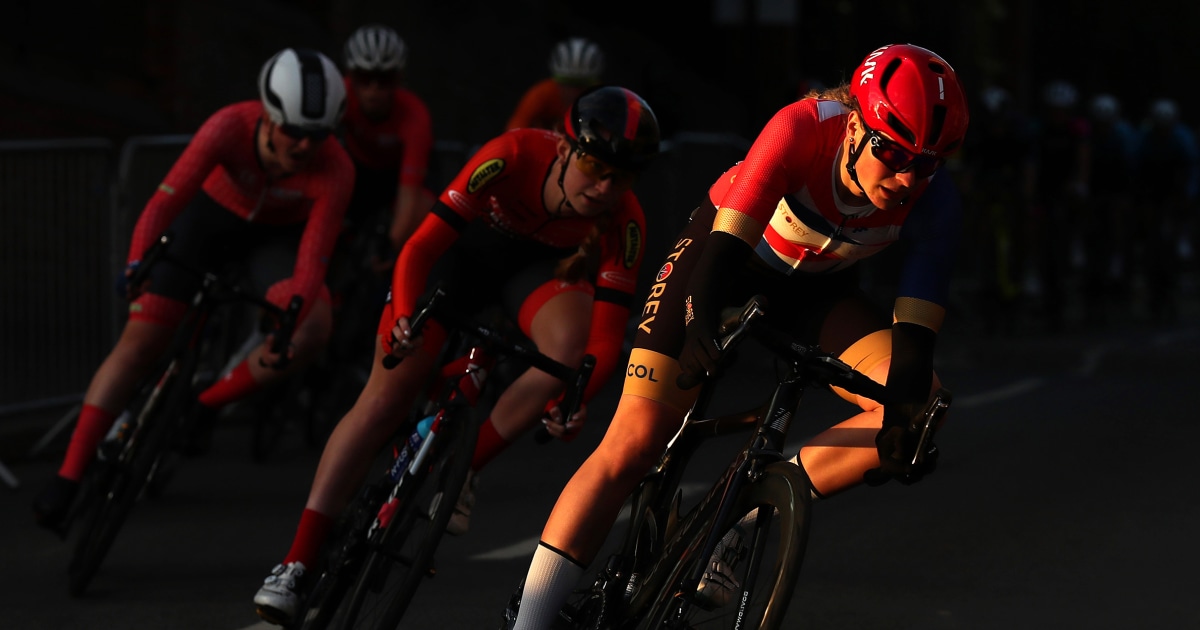MANCHESTER, England (AP) — Cyclists who were assigned male at birth will not be allowed to compete in British Cycling’s elite women’s events under a new transgender and non-binary participation policy released by the governing body on Friday.
New rules for competitive events, due to be implemented this year, will see races split into «open» and «female» categories, with transgender women, transgender men, non-binary people, and those whose sex was assigned male at birth are eligible. to compete. in the open category.
The female category will be maintained for those whose sex was assigned female at birth and for transgender men who have not received hormone therapy.
The current male category will be consolidated in the open category, in which those whose sex was assigned as female at birth may also compete, if they wish.
The new policy is the result of a nine-month review that included a consultation process with riders and stakeholders, including members of the British team, as well as a review of available medical research led by British Cycling’s chief medical officer. , Dr Nigel Jones. That research was said to show a clear performance advantage for people who go through puberty as males, and one that cannot be fully mitigated by testosterone suppression.
There is no set date yet for the implementation of the new regulations, with British Cycling only saying it will be before the end of the year, allowing time for changes to the technical regulations and discussions with the UCI, cycling’s world governing body, regarding implementation. .
The new policy differs from that of the UCI, which is looking again at their own regulations after American transgender woman Austin Killips won the Tour of the Gila in New Mexico this month.
The UCI allows transgender women who have gone through male puberty to compete in elite women’s events if they have had reduced testosterone levels of 2.5 nanomoles per liter for the previous two years.
British cycling policy also changes follows the one taken by World Aquatics last year.
British Cycling suspended its previous policy last April after transgender woman Emily Bridges attempted to compete in the omnium national championships as a female cyclist.
Bridges described the move as a «violent act» and added: «I agree there needs to be a nuanced political discussion and further investigation, but this has not happened.»
Jon Dutton, chief executive of British Cycling, has apologized for the anxiety and upset caused over the 13 months since the previous policy was discontinued.
That previous transgender policy allowed cyclists to compete in the women’s category if they had testosterone levels below five nanomoles per liter during a 12-month period prior to competition.
The governing body will continue to review new research as it becomes available and the policy will be reviewed periodically.
“It’s an incredibly emotional and sometimes divisive topic,” Dutton said. “We have taken many months to look at three areas: firstly, a consultation with the affected athletes and the wider cycling community; second, look at the medical research available right now; and thirdly from the legal point of view regarding the association with the Equality Law.
«We have made a decision on the balance of the three to give clarity, to give direction and that clear path forward for any affected athlete.»

